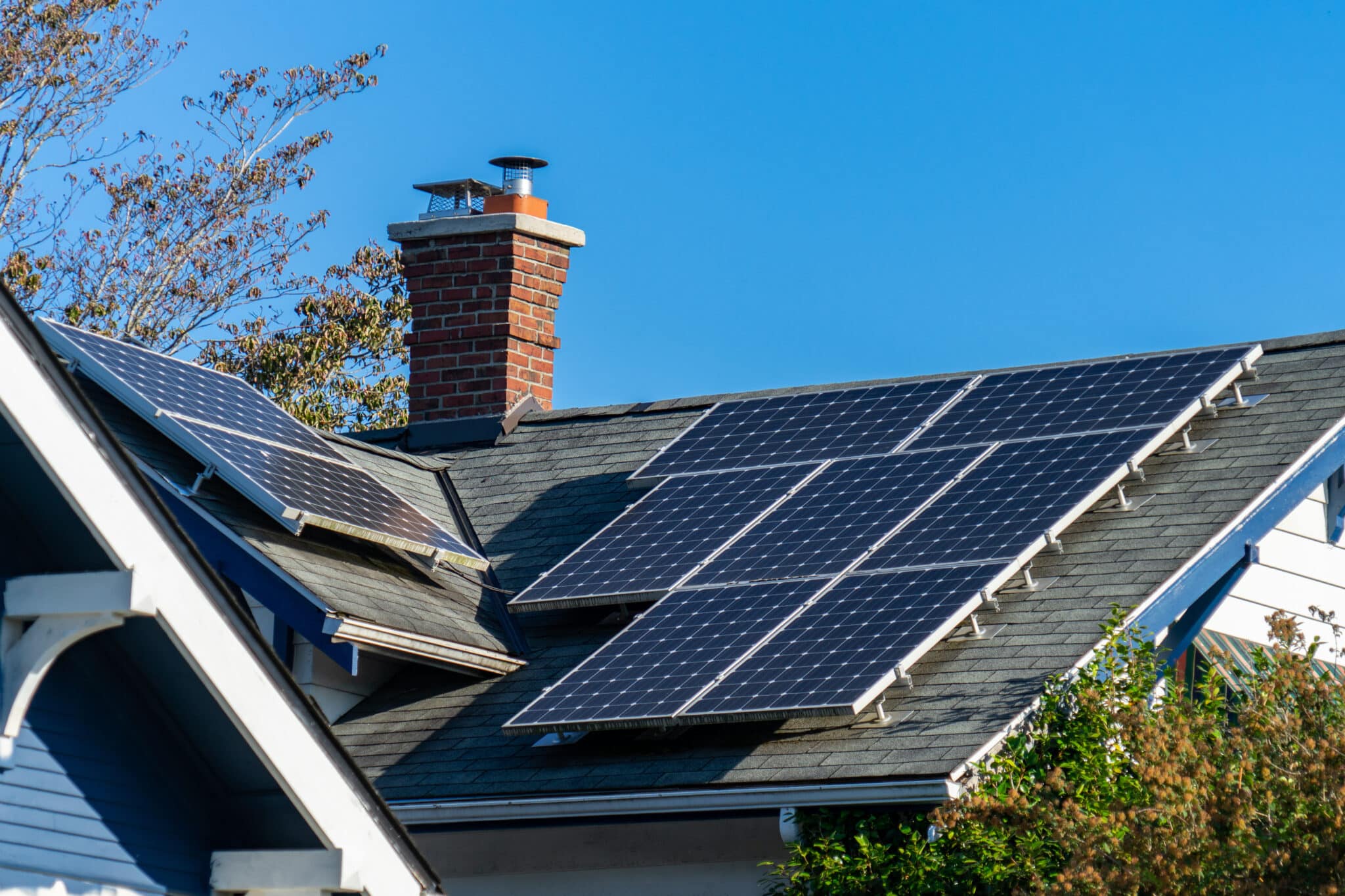In Sydney, Australia, what is residential solar?
In Sydney, Australia, the term “residential solar” refers to the use of solar panels and associated hardware to provide power for a single-family residence. This kind of solar energy system can give homeowners access to a clean, renewable source of electricity and is made to be mounted on the ground or the roof of a home. The quantity of electricity that must be purchased from the grid can be decreased by using the electricity produced by a domestic solar system to power the residence, potentially resulting in lower monthly energy costs. Residential solar can be a financially viable solution for homeowners to boost their energy independence and decrease their carbon footprint, especially with government subsidies and rebates frequently available.
What Amount Of Power Can A Residential Solar System Produce?
The size of the system, the direction and tilt of the panels, the location of the property, and the weather conditions all affect how much electricity a residential solar system can produce. A solar power system of 5 kW may typically produce 20 to 25 kilowatt hours (kWh) of electricity per day, whereas a system of 10 kW can provide 40 to 50 kWh daily. The actual amount of electricity generated, however, may vary based on the exact conditions. It’s crucial to have an expert evaluate your property’s suitability for solar energy and offer a more precise estimate of the anticipated electricity generation.
What Financing Options Are Available To Buy A Residential Solar System?
For those looking to purchase a residential solar system, there are various financing alternatives available, including:
Cash Purchase: Buying the system with cash is the simplest method. By doing away with interest fees and enabling you to buy the system altogether, you may eventually see a larger return on your investment.
Loan Financing: You can spread the cost of the system over a number of years by obtaining a loan from one of the many banks and other financial organisations that offer loans designed expressly for home solar systems.
Leasing: Some solar businesses offer leasing plans; under these plans, you pay a monthly fee to utilise a solar system but do not acquire ownership of it. For homeowners who want to save their energy expenses but lack the cash up front to buy a system, this may be a suitable choice.
PPAs, or power purchase agreements: In a PPA, a homeowner and a solar firm enter into a contract under which the solar company installs, owns, and maintains the solar system and the homeowner consents to purchase the power produced by the system at a predetermined fee.
The optimal financing choice for you will depend on your particular circumstances. Each financing option has benefits and drawbacks of its own. When selecting a financing option, it’s crucial to thoroughly analyse your financial status and aspirations to make sure you choose the one that is best for you.
How long are solar panels’ and inverters’ warranties valid?
Solar panel and inverter warranties might range based on the manufacturer and the particular product. However, the average solar panel has a 20 to 25-year warranty, compared to a 5 to 10-year warranty for most inverters.
Solar panel warranties often cover manufacturing flaws in the materials and craftsmanship of the panels as well as power degradation, or the gradual loss of power output over time. The warranty for inverters normally includes repair or replacement of the item if it breaks down within the warranty period and covers flaws in the inverter’s materials and workmanship. When buying a solar system, it’s crucial to thoroughly read the warranty terms and conditions to understand what is covered and for how long. If you sell your house, some warranties can be transferrable, and some manufacturers might provide extended warranty options at an additional fee.
What Are The Advantages Of Residential Solar Panel Installation In Australia Sydney?
Installing residential solar panels in Australia has a number of advantages, such as:
Lower Energy Bills: Solar panels can generate electricity to power your home, reducing your reliance on the grid and potentially lowering your monthly energy bills.
Increased Energy Independence: By generating your own electricity, you become less dependent on the grid and can potentially avoid future price increases for electricity.
Environmental Benefits: Solar panels generate clean, renewable energy, reducing your carbon footprint and helping to protect the environment.
Government incentives: The Australian government occasionally provides subsidies and incentives to entice homeowners to install solar panels, making going solar more cheap.
Residential solar energy systems can raise the value of your home and make it more appealing to prospective buyers.
Increased Energy Efficiency: Installing solar panels can motivate you to use energy more wisely and consume less energy overall.
Increased Grid Reliability: By generating your own electricity, you can contribute to the grid’s increased reliability by lowering your reliance on it during times of peak demand.
Overall, installing home solar panels in Australia can offer a number of monetary, environmental, and useful advantages, assisting you in lowering your energy bills and increasing your level of independence.

